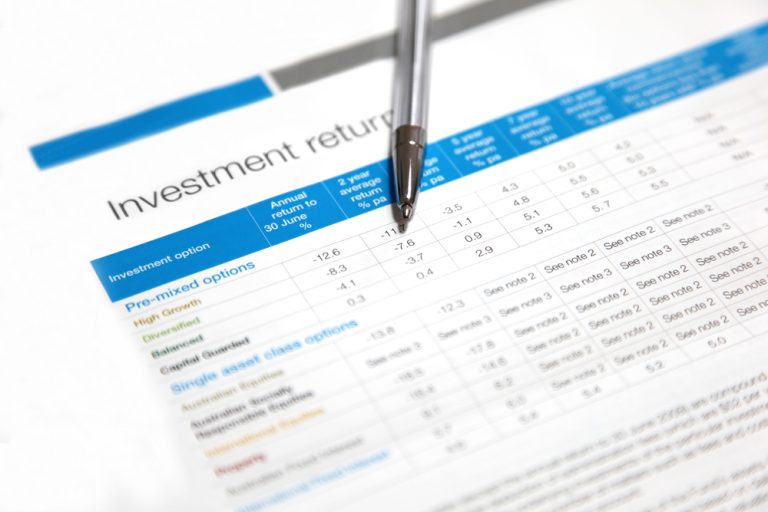Frequently asked questions about super
If the ins and outs of superannuation leave you confused, the answers to these frequently asked questions will help you understand the basics. How much do I need to retire? According to the Association of Superannuation Funds of Australia (ASFA), a couple requires savings of $640,000 if they wish to enjoy a ‘comfortable’ lifestyle in retirement. For a single, the figure is $545,000. How is my super taxed? Broadly, contributions are categorised as either concessional or non-concessional. Concessional contributions are contributions on which an employer or an individual has claimed a tax deduction. Non-concessional contributions are made from after-tax income. They include many personal contributions and government co-contributions. Concessional contributions are taxed at 15% within the super fund, with a tax offset available to low income earners. Non-concessional contributions are not taxed within the fund. How can I contribute to super? If you are over 18, employed, and earn more than $450 per month your employer will contribute 10% of your ordinary time earnings to super. You can further boost your super by: Asking your employer to make concessional salary sacrifice contributions from your pre-tax income. Making personal contributions from your after-tax income. Subject to set limits you may be able to claim a tax deduction for these contributions in which case they will become concessional. If no tax deduction is claimed they will be non-concessional. Low to middle income earners who make a personal non-concessional contribution may receive up to $500 as a government co-contribution. Age limits and work tests may apply to some types of contribution. When can I access my super? When you turn 65, even if still working. When you reach preservation age (between 55 and 60 depending on date of birth) and have retired. If you start a transition to retirement (TTR) income stream. If you face severe financial hardship, specific medical conditions or under the first home super saver scheme. Who can I leave my super to? If your super fund allows binding death benefit nominations, you can elect to have your superannuation paid to your legal personal representative. The money will then be distributed as instructed by your Will. Alternatively, you can instruct your fund trustees to pay your death benefit to one or more of your ‘dependents’. Under superannuation law these are: Your spouse (includes same-sex and de facto partners) Children A financial dependent People you had an interdependency relationship with Without a binding nomination, your super fund’s trustees decide which dependents will receive the death benefit. They will be guided, but are not bound by, any non-binding nomination. How do I make the most of my super? Superannuation remains, for most people, the best vehicle within which to save for their retirement. However, it can be complicated and there are numerous rules to navigate. That creates challenges, but it also generates opportunities, many of which can add thousands of dollars per year to your retirement income. The information provided in this article is general in nature only and does not constitute personal financial advice.

